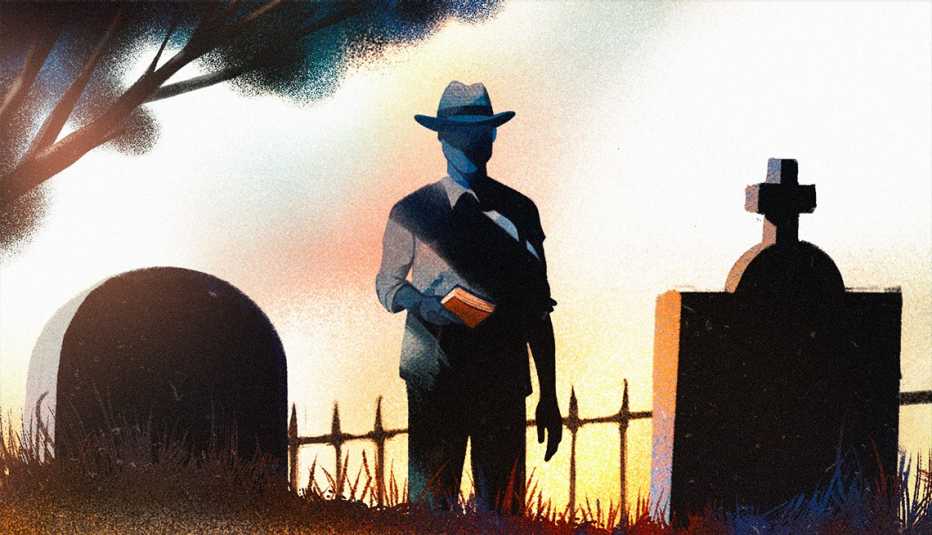Staying Fit


Three
Duncan
DURING ENGLISH, Ms. Humphreys gave them fifteen minutes to answer the questions she’d written on the board about The Merchant of Venice. Then she collected their notebooks and walked around at the front of the room, calling on different pupils. When she looked in his direction, he closed his eyes; she asked the girl in front. At the end of the lesson she gave him a little nod and came to sit at the next desk. In a low voice, quite different from the one she’d been using to address the class, she asked if he had read the play.
He had.
“Did you side with Shylock, or Antonio?”
“Both. Shylock was cruel—the idea of cutting a pound of flesh is horrible—but Antonio treated him as if he had no feelings. And then Jessica steals from him and runs away.”


AARP Membership— $12 for your first year when you sign up for Automatic Renewal
Get instant access to members-only products and hundreds of discounts, a free second membership, and a subscription to AARP the Magazine.
“And what about the caskets?”
“They were just a way for Portia’s father to control her, and make the suitors seem dumb. It had to be the lead casket.”
“But you only answered two of the questions.” Ms. Humphreys held up his open notebook.
Someone had drawn a seagull on a corner of the desk. Nearby was a rudimentary cat. Duncan saw how each could be made better. Following his gaze, Ms. Humphreys said, “Could you have drawn the answers?”
“If I had enough time, if people didn’t keep interrupting. If...” How to explain that sometimes a drawing came right the first time. Sometimes it took a dozen attempts, and even then failed.
“Do you know what a self-fulfilling prophecy is? If you keep doing badly on tests, you start expecting to do badly, and then you do even worse. You just need more time.”
“So I’m not”—he retrieved an insult from last year—“ a moron?”
He saw Ms. Humphreys register the word, and the context in which he must have heard it. “No,” she said firmly. “You have a good brain, but you’re going to have to learn to stand up for yourself, to explain that some things take you longer. I know you’re passionate about painting, but you need words too.”
***


































































More From AARP
Free Books Online for Your Reading Pleasure
Gripping mysteries and other novels by popular authors available in their entirety for AARP members